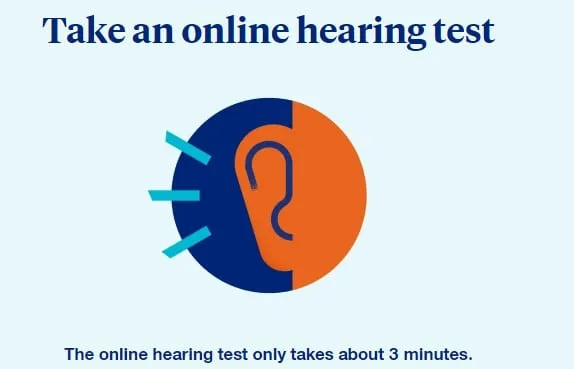OTC Hearing Aids: Disadvantages, Risks, and Better Alternatives from an Audiologist’s Perspective
Hearing loss affects millions of people worldwide, and the introduction of over-the-counter (OTC) hearing aids promised a more affordable, accessible solution for those with perceived mild to moderate hearing loss. These devices are sold online and in retail stores without a prescription, giving consumers the freedom to self-manage their hearing needs.
However, as a licensed audiologist, I’ve seen first-hand that while OTC devices can help some people, they also come with significant drawbacks compared to professionally fitted hearing aids. I am not against OTC aids—some models I recommend on this site—but it’s important to understand the full picture before buying. Let’s explore the main disadvantages of OTC hearing aids so you can make an informed decision.
5 Key Disadvantages of OTC Hearing Aids
- No Professional Hearing Evaluation – Skipping an audiologist visit can mean missing the correct diagnosis, including identifying medical issues that require treatment.
- No Verification of Proper Programming – Without real ear measurement, you can’t confirm your device matches your exact hearing prescription.
- Limited Support – OTC aids rarely include in-person fine-tuning or repairs.
- Short Warranty & Return Period – Many have just a 1-year warranty (or less), compared to 2–3 years for prescription aids.
- Technology Gaps – High-end prescription aids have advanced features like AI noise reduction, Bluetooth streaming, and rechargeability that many OTC devices lack.
1. The Risk of Skipping a Professional Hearing Evaluation

OTC hearing aids are designed for perceived mild to moderate hearing loss, but without a comprehensive hearing evaluation by an audiologist, you could be missing underlying medical problems such as earwax impaction, middle ear disease, or—in rare cases—tumors on the auditory nerve.
Why a Hearing Test Matters
An audiologist uses advanced diagnostic tools to identify the type and severity of your hearing loss and recommend the most effective treatment. OTC online hearing screeners and app-based tests are convenient but often lack the accuracy to detect medical red flags.
Potential Health Risks
Even if rare, missing a serious condition can delay treatment and worsen outcomes. Many insurance plans cover hearing tests, making it worth scheduling before buying any hearing aid.
2. The Importance of Real Ear Measurement

Real ear measurement (REM) is the gold standard for ensuring your hearing aid delivers the right amplification for your specific loss. OTC devices lack this verification, meaning you’re essentially guessing whether the settings match your needs.
Without REM, Risks Include:
- Under-amplification – speech remains unclear, especially in noisy settings.
- Over-amplification – possible distortion, discomfort, or further hearing damage.
- Frustration leading to device abandonment.
3. Limited Warranty and Return Policy
Many OTC aids offer just a 30–45 day return window and a 1-year warranty. Cheap personal sound amplifiers (PSAPs) may have no warranty at all. In contrast, prescription hearing aids often include:
- 2–3 year warranties with repair coverage
- Loss and damage insurance
- Extended trial periods
These protections provide peace of mind, especially for daily wearers.
4. Technology Gaps Between OTC and Prescription Hearing Aids
Premium devices from Phonak, Oticon, Starkey, ReSound, and Widex include:
- Bluetooth streaming for calls and music
- Rechargeable lithium-ion batteries
- AI-driven background noise reduction
- Custom fine-tuning software for speech clarity
Most OTC devices lack these advanced features, leading to a more generic, less adaptable listening experience.
Affordable Alternatives to OTC Hearing Aids
If cost is your main concern, there are professionally fitted hearing aids at lower price points that still include audiologist care:
- Phonak Audéo Lumity 30
- Oticon More 3
- ReSound Omnia 5
- Widex Moment 110
- Starkey Evolv AI 1200
These models balance affordability with professional programming and essential features.
Bottom Line
OTC hearing aids can help some individuals, but skipping professional evaluation, fitting, and follow-up care can reduce benefits and even harm hearing health. If possible, work with an audiologist—even for a lower-cost device—to ensure your investment truly improves your quality of life.
While OTC hearing aids may offer convenience and savings, there are risks to skipping a professional evaluation—such as missing underlying medical conditions or ending up with poorly adjusted sound. For a fuller picture of both the advantages and drawbacks, see our pillar guide to OTC hearing aids.

